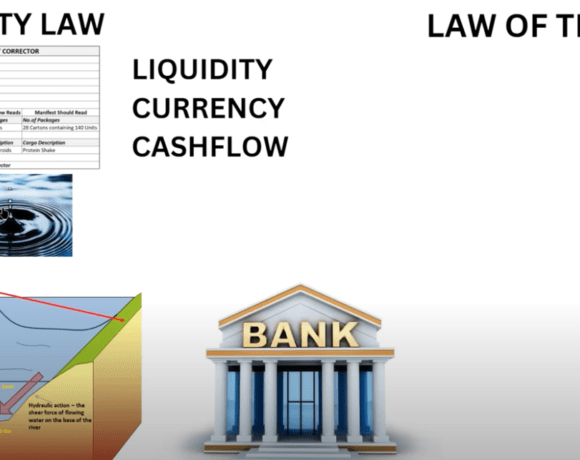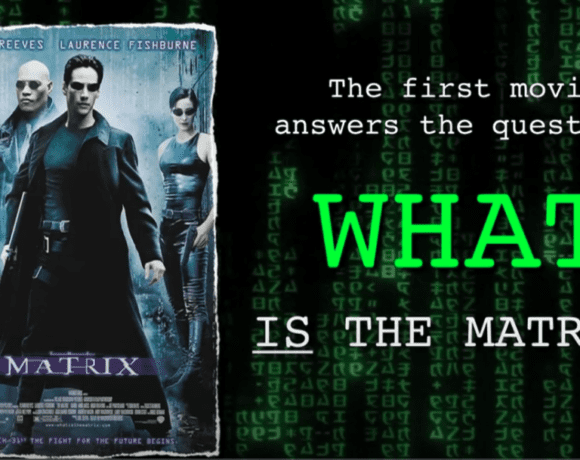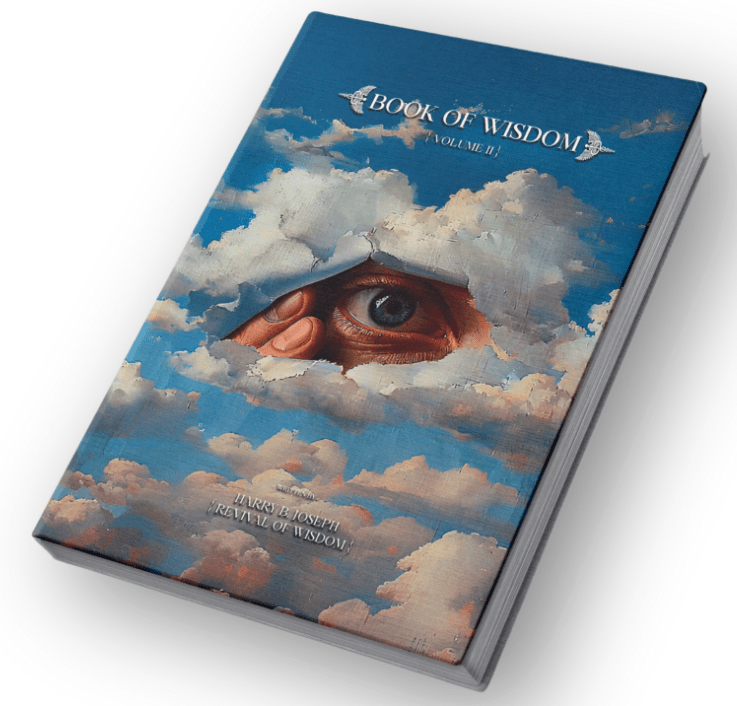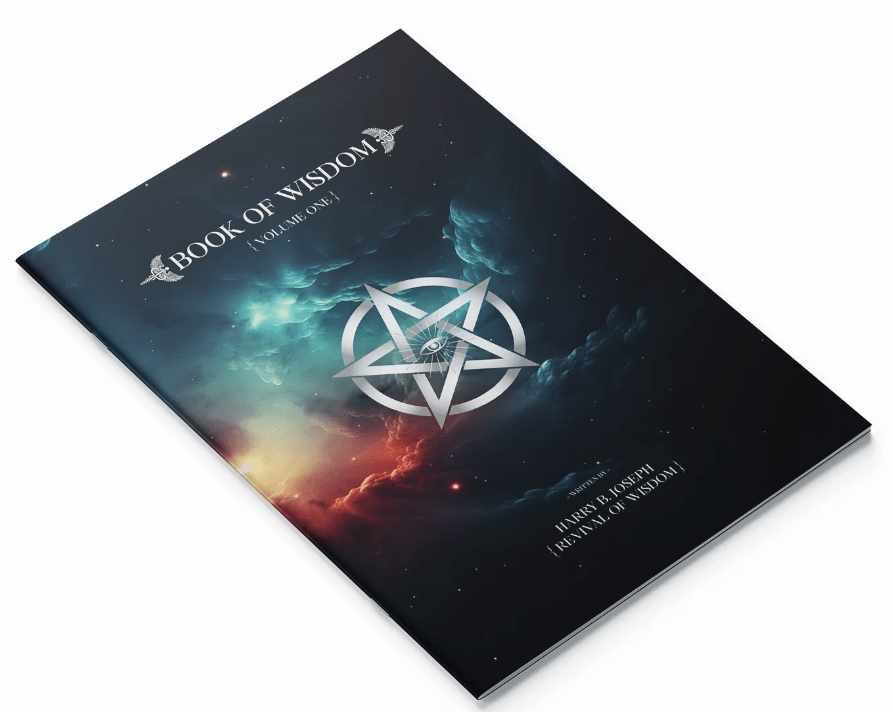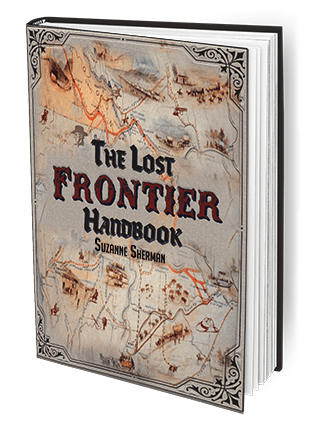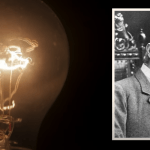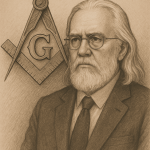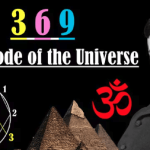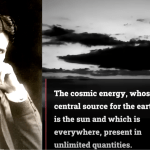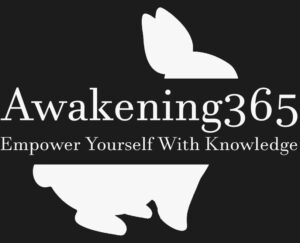The Matrix is one of the most iconic films of modern times, a cinematic masterpiece that delves deep into the nature of reality, perception, and human consciousness. The 1999 film directed by the Wachowskis explores a dystopian future in which humans are unknowingly trapped inside a simulated reality created by intelligent machines to control humanity. But the true brilliance of the movie lies in its symbolism and philosophical undertones, which culminate in its profound ending.
In this article, we’ll explore the ending of The Matrix and explain how it serves as a metaphor for awakening and freeing your mind from the constraints of a false reality. Drawing parallels with ancient wisdom, esoteric teachings, and the modern quest for truth, the film’s finale is much more than just an action-packed climax—it’s a guide to breaking free from the matrix of illusion and reclaiming your power as a conscious being.
What Is the Matrix?
Before diving into the film’s ending, let’s revisit the concept of The Matrix itself. The Matrix is a simulated reality designed by artificial intelligence to keep humanity enslaved. In the movie, most people live their lives believing that the simulated world is the real one, unaware of the truth behind their existence. The matrix, in many ways, symbolizes the conditioning and programming we undergo in real life—the societal systems, media narratives, and belief structures that limit our perception of reality.
For awakened truth seekers, the matrix is more than a sci-fi concept. It is a metaphor for the artificial constructs that blind us to the true nature of the universe. Just like in the movie, many of us are living in a state of ignorance, unaware that we are trapped in a matrix of illusions created to control our minds. This could be the influence of mass media, the education system, or societal expectations—all designed to keep us in a state of complacency and disconnection from our higher selves.
Neo’s Journey: From Ignorance to Awakening
The protagonist of The Matrix, Neo (played by Keanu Reeves), represents the everyman—someone living an ordinary life but feeling a deep sense of unease. Neo’s journey mirrors the awakening process many truth seekers experience. He begins his journey in ignorance, but after being offered the choice between the red pill (truth) and the blue pill (illusion), he chooses to awaken to the reality of the matrix.
This moment is significant because it represents the pivotal choice that every individual must make on the path to awakening. Do we choose to stay comfortable in our ignorance, or do we face the painful yet liberating truth of reality? Neo’s decision to take the red pill symbolizes the courage it takes to break free from the false reality imposed upon us and seek the truth, no matter how difficult it may be.
As Neo progresses through the film, he discovers that the matrix is not real and that his mind has the power to bend and reshape reality. This realization mirrors the journey of personal empowerment that comes with awakening. Once we become aware of the illusions that bind us, we can begin to reclaim our power as creators of our reality.
The Ending: Neo’s Realization and the Ultimate Liberation
At the climax of The Matrix, Neo faces off against Agent Smith, a program designed to maintain the order of the matrix. This final battle is not just a physical fight but a symbolic struggle between the forces of control (represented by the matrix and its agents) and the power of free will and consciousness (represented by Neo).
In the final moments, Neo is seemingly killed by Agent Smith, but he rises again, fully embracing his role as “The One.” It’s at this point that Neo no longer fears the matrix or its agents—he realizes that they are nothing more than programs, and that his mind has the power to transcend their control.
This moment of rebirth symbolizes the ultimate awakening, the realization that the only limitations that exist are those created by the mind. Neo’s ability to stop bullets and defeat Agent Smith is not just about physical strength; it’s about understanding that reality itself is malleable, shaped by perception and belief. For truth seekers, this is the ultimate message: once we free our minds from the matrix of lies, we can tap into the infinite potential within us.
The Matrix and Gnosticism: The Search for Higher Truth
The ending of The Matrix can also be understood through the lens of Gnosticism, an ancient spiritual philosophy that teaches that the material world is an illusion created by a false god (the demiurge) to trap human souls. In Gnosticism, true salvation comes from gnosis, or inner knowledge, which allows individuals to transcend the material world and reconnect with the divine source.
Neo’s journey in The Matrix closely mirrors the Gnostic path of awakening. The matrix itself can be seen as the material world, an illusion designed to keep humanity disconnected from their true spiritual nature. Neo’s awakening represents the attainment of gnosis, the knowledge that allows him to break free from the matrix and access a higher level of consciousness.
This Gnostic interpretation of The Matrix speaks to the spiritual nature of awakening. It suggests that the true path to liberation is not found in external authority or material success but in inner knowledge and self-realization. For truth seekers, this is a powerful reminder that the journey to freedom begins within.
The Role of Fear in Maintaining the Matrix
One of the central themes in The Matrix is the role that fear plays in maintaining control. The matrix is designed to keep people in a state of fear—fear of the unknown, fear of stepping outside societal norms, fear of questioning authority. The agents of the matrix, particularly Agent Smith, represent the enforcers of this fear, working to suppress any attempts to break free from the system.
Neo’s transformation at the end of the film is a powerful demonstration of what happens when we overcome fear. By realizing that the matrix is not real, Neo sheds his fear of death, failure, and the unknown. This fearlessness is what ultimately allows him to transcend the limitations of the matrix and unlock his true power.
For those on the path of awakening, overcoming fear is a crucial step in reclaiming personal sovereignty. The matrix of control that exists in our world thrives on fear—fear of speaking out, fear of nonconformity, fear of the unknown. But when we face our fears and recognize them as illusions, we can break free from the control mechanisms that hold us back.
Freeing Your Mind: Lessons from the Matrix
The ending of The Matrix is not just a resolution to the film’s plot; it’s a call to action for anyone seeking to awaken from the matrix of control in the real world. Here are some key lessons from the movie’s ending that can guide you on your journey to freeing your mind:
Question Reality: Like Neo, we must be willing to question the reality presented to us by mainstream society. What we are told may not be the truth, and only by questioning can we uncover deeper knowledge.
Face Your Fears: Fear is one of the most powerful tools used to keep us trapped in the matrix. By confronting and transcending fear, we can reclaim our power and take control of our destiny.
Awaken to Your Power: The matrix is designed to make us believe we are powerless, but in reality, we have the ability to shape and create our reality through our thoughts and intentions. Awakening to this power is the key to liberation.
Seek Inner Knowledge: The path to freedom begins within. By seeking inner knowledge and cultivating awareness, we can transcend the illusions of the material world and reconnect with our higher selves.
Conclusion: Awakening Beyond the Matrix
The ending of The Matrix offers a powerful allegory for awakening and liberation. Neo’s journey from ignorance to enlightenment mirrors the path of many truth seekers who are on a quest to break free from the matrix of control that exists in the real world. By questioning reality, overcoming fear, and tapping into our innate power, we too can awaken to a higher level of consciousness and free our minds from the illusions that bind us.
In the end, The Matrix is not just a sci-fi film—it’s a guide to freeing your mind, breaking through the false constructs of reality, and reclaiming your true power as a conscious creator in this vast and mysterious universe.




